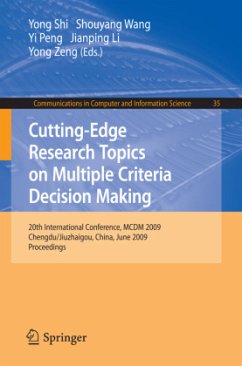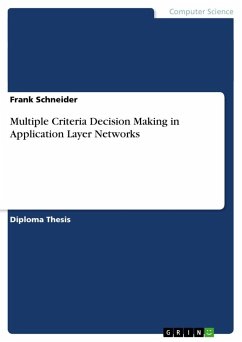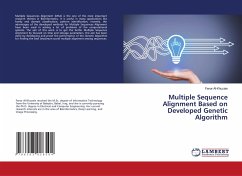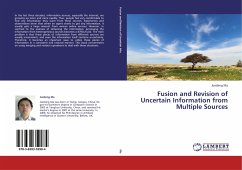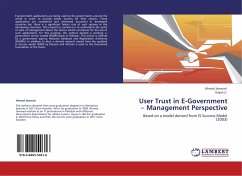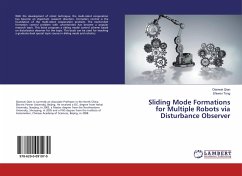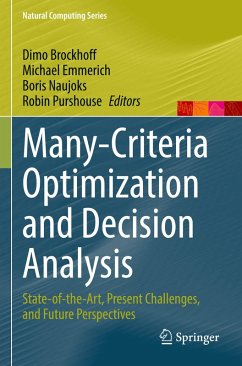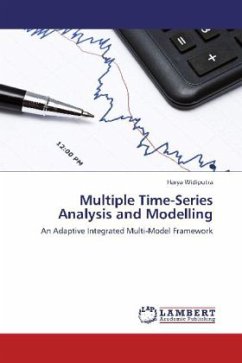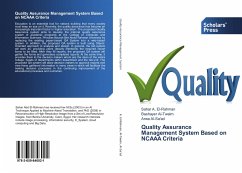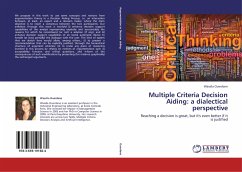
Multiple Criteria Decision Aiding: a dialectical perspective
Reaching a decision is great, but it's even better if it is justified
Versandkostenfrei!
Versandfertig in 6-10 Tagen
52,99 €
inkl. MwSt.

PAYBACK Punkte
26 °P sammeln!
We propose in this work to use some concepts and notions from argumentation theory in a Decision Aiding Process, i.e. an interaction between, at least, an expert and a decision maker, where the main objective is to reach a consensus between the two participants. Our ambition through this work is twofold: (i) enhance decision support capabilities of the analyst representing explicitly and accountably the reasons for which he recommend (or not) a solution (if any); and (ii) enhance decision support capabilities of an (semi) automatic device to handle (at least partially) the dialogue with the us...
We propose in this work to use some concepts and notions from argumentation theory in a Decision Aiding Process, i.e. an interaction between, at least, an expert and a decision maker, where the main objective is to reach a consensus between the two participants. Our ambition through this work is twofold: (i) enhance decision support capabilities of the analyst representing explicitly and accountably the reasons for which he recommend (or not) a solution (if any); and (ii) enhance decision support capabilities of an (semi) automatic device to handle (at least partially) the dialogue with the user. The kind of system that we sketch here would allow, among others,: (i) to present a recommendation that can be explicitly justified, through the hierarchical structure of argument schemes; (ii) to revise any piece of reasoning involved in this process by relying on notions of argumentation such as acceptability function and critical questions, and inform of the consequences of such modifications by presenting (for instance graphically) the exchanged arguments.



